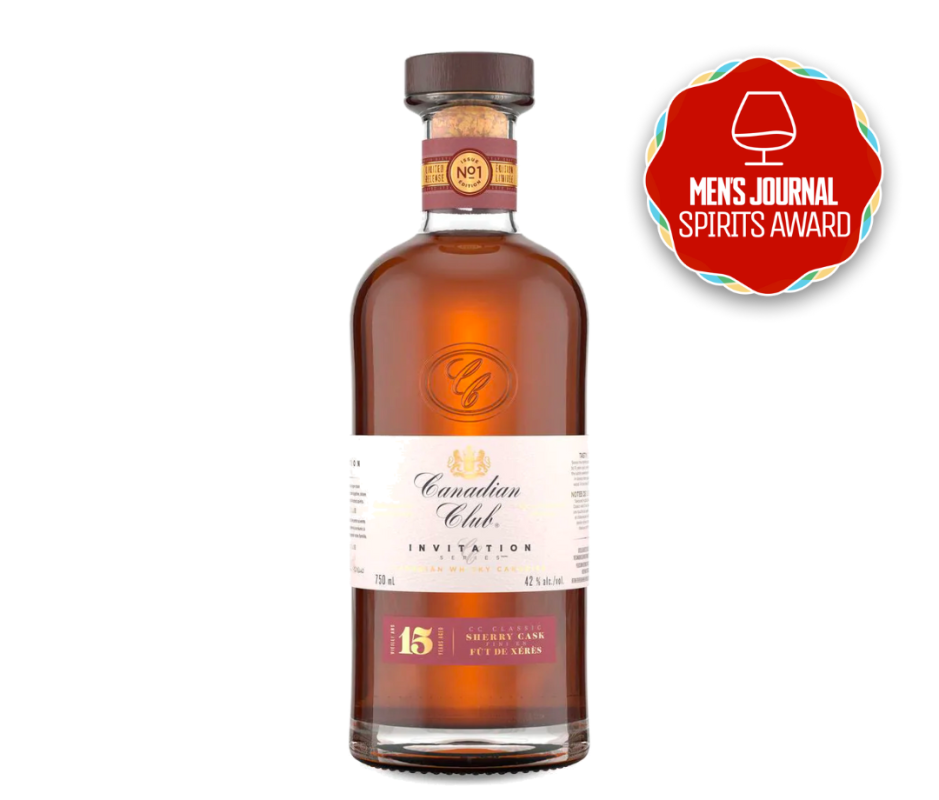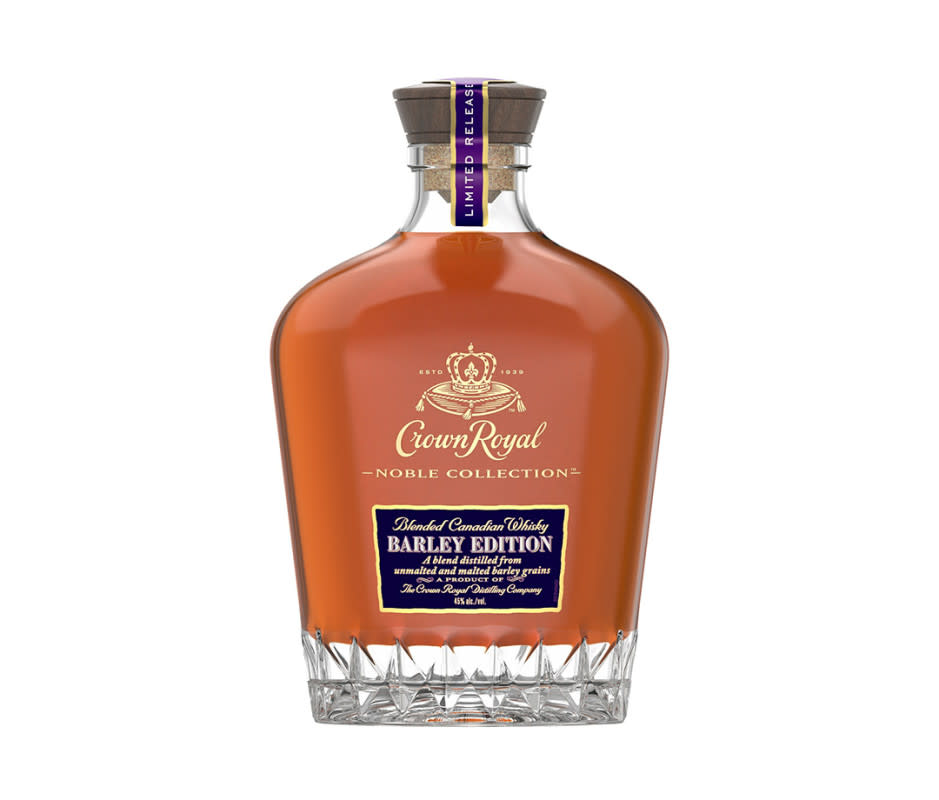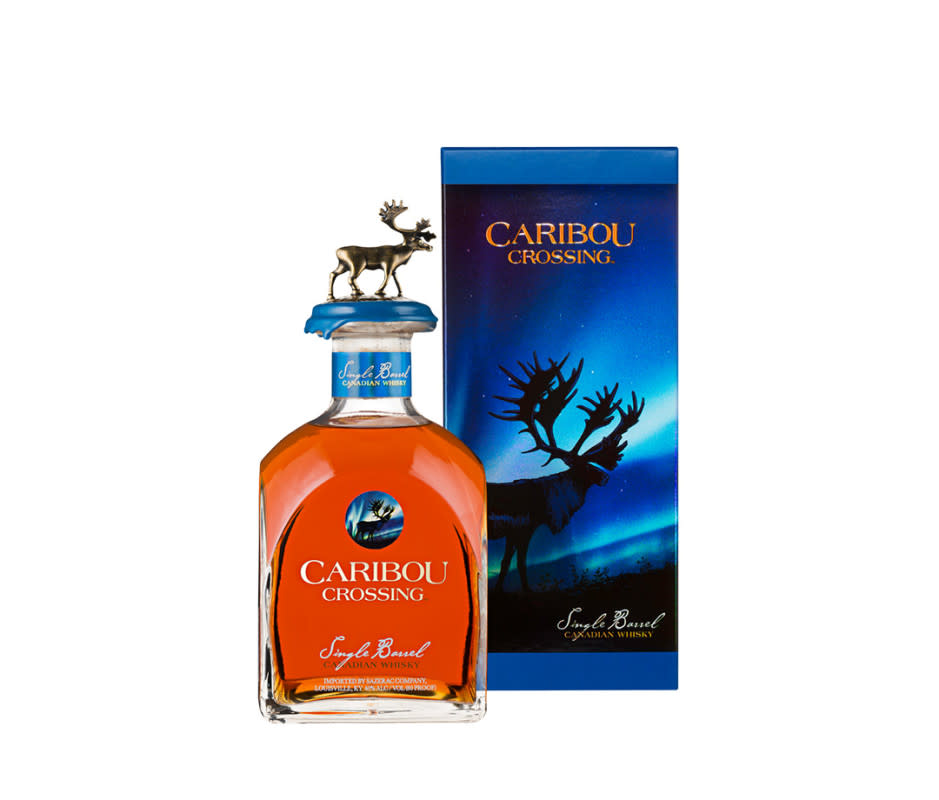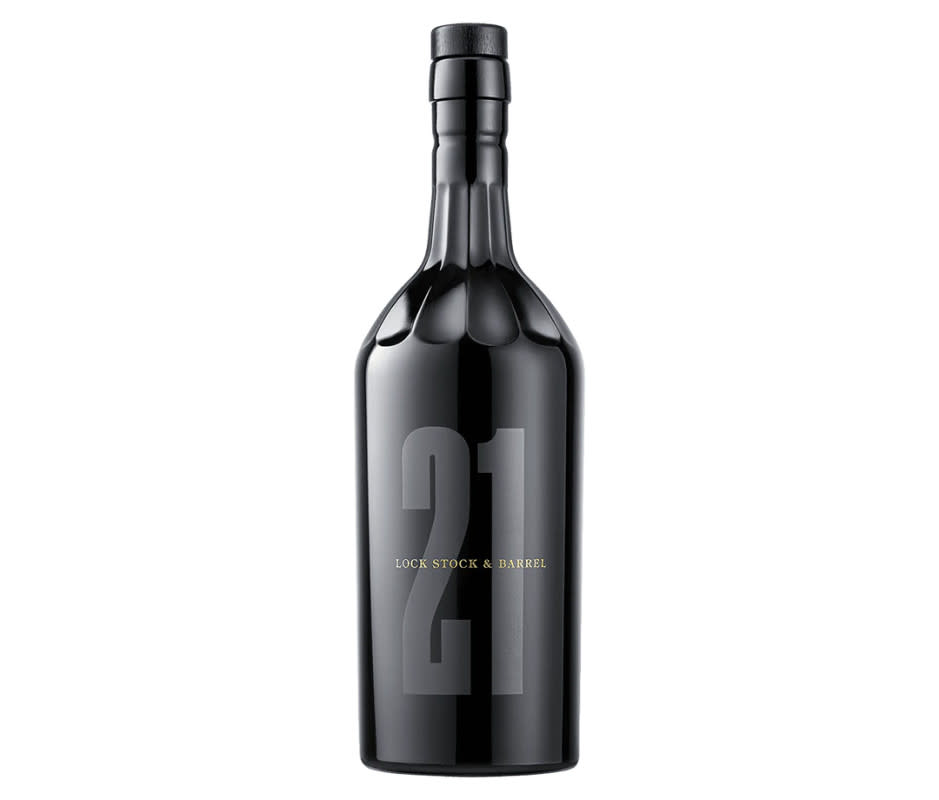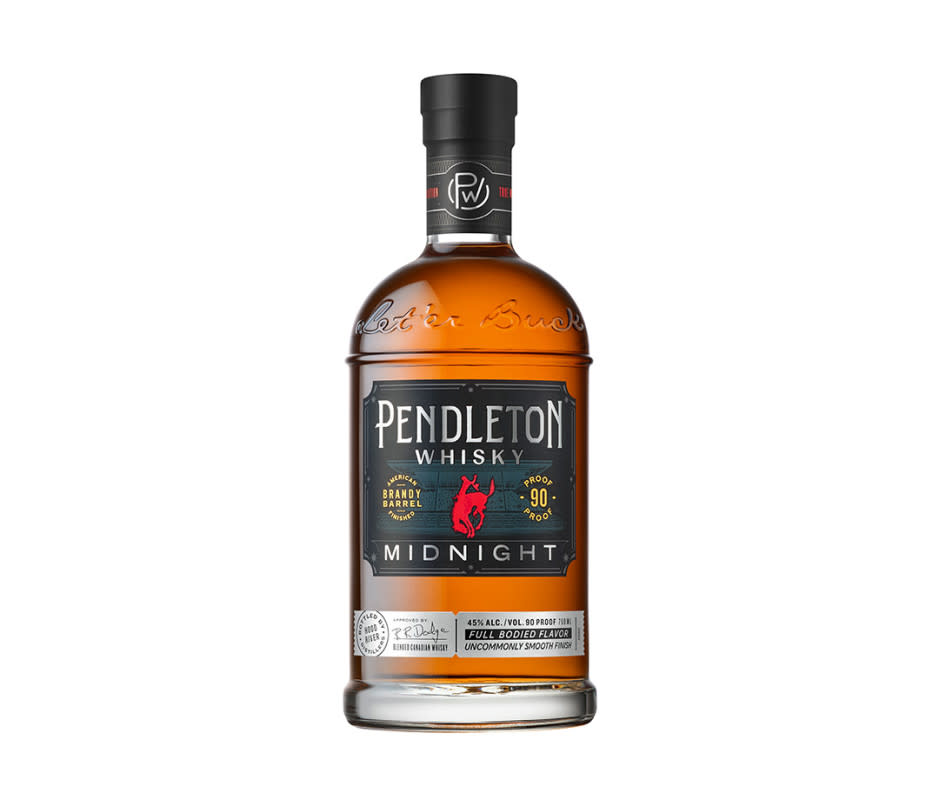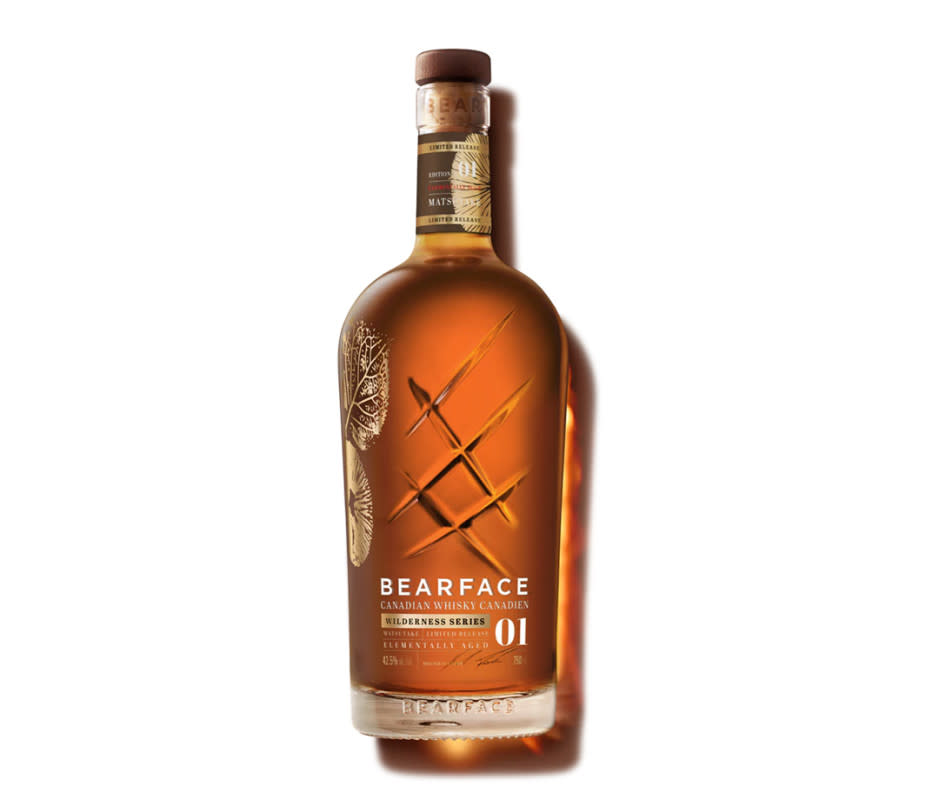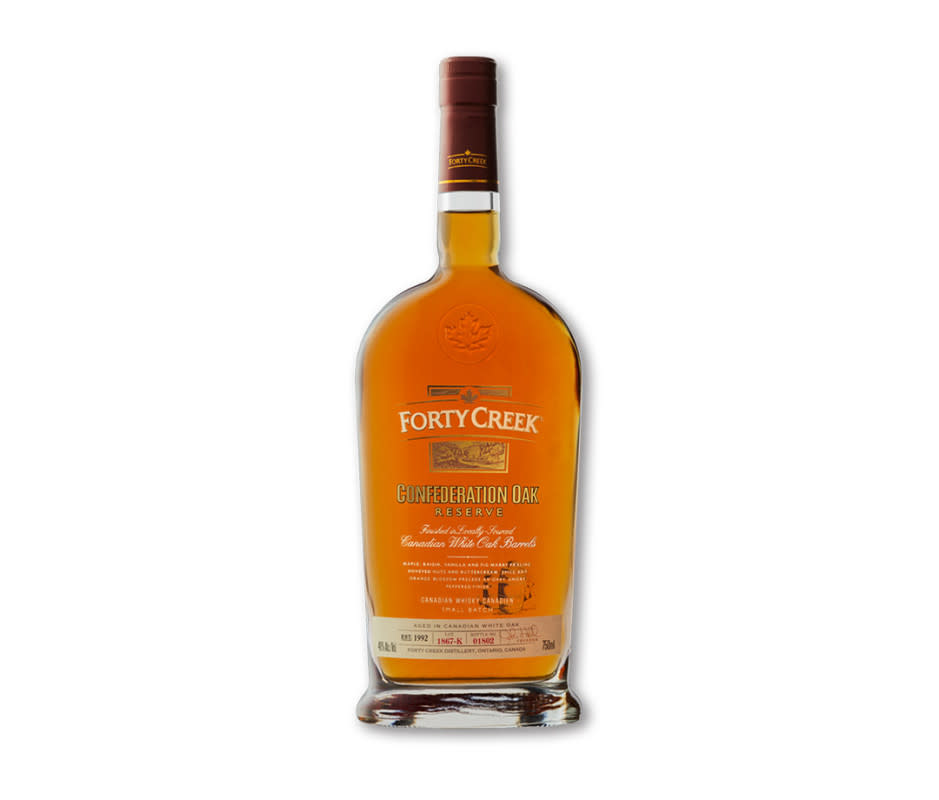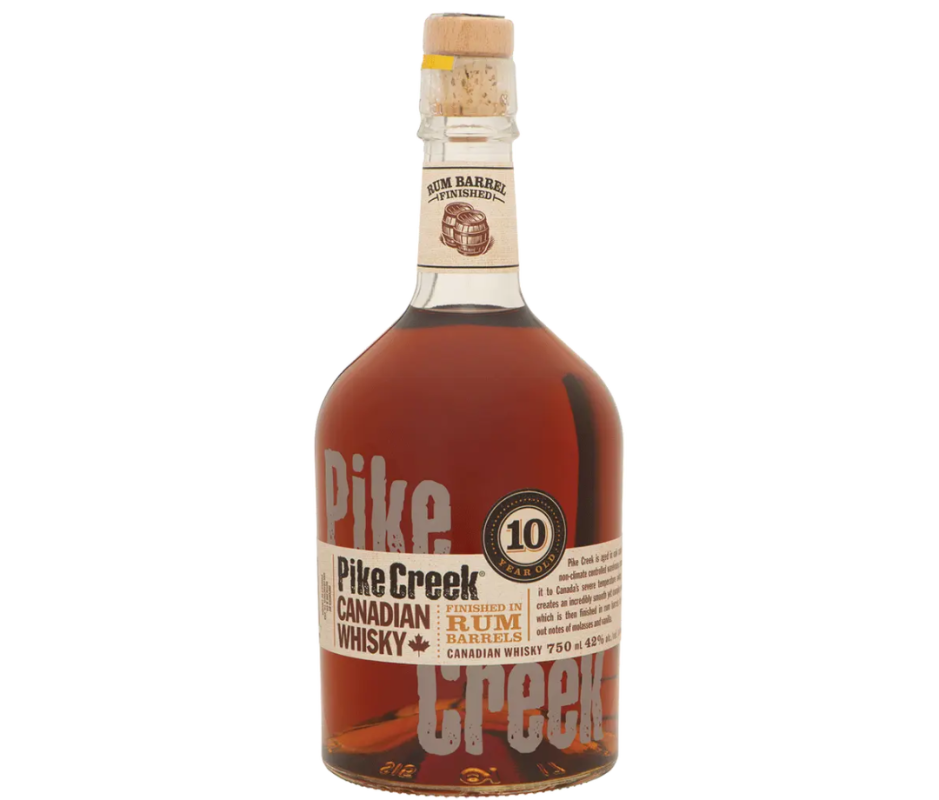Best Canadian Whiskies of 2024 to Drink, Collect, and Gift
When you think of the best whiskey, what's at the top of your list—or, I guess I should ask, atop your bar? If you're like most American whiskey lovers, you've got a healthy amount of bourbon and maybe a few bottles of rye. If your taste skews international, perhaps you're well-versed in Scotch, Japanese whisky, and Irish whiskey. But there's probably one type you're overlooking: the best Canadian whiskies.
“Americans don’t know much about Canadian whisky,” says Noah Rothbaum, author of The Art of American Whiskey and the upcoming The Whiskey Bible. “But in the last few years, the perceptions of drinkers, bartenders, and connoisseurs have changed, and we’ve had to totally rethink Canadian whisky.”
The craft spirits revolution hit Canada later than it did the U.S., but it's since taken hold—inspiring the emergence of new brands and renewed interest in longstanding ones. At last, imbibers are getting up to speed with what industry insiders have known for decades: the nation that gave us basketball, Wayne Gretzky, and Neil Young, can make a damn good bottle of whisky.
From high-end bottles that make excellent whisky gifts to the best cheap whiskies of today, it’s a new world for Canadian whisky. Our top pick for the 2023 Men's Journal Spirits Awards, Canadian Club 15-Year-Old Sherry Cask Invitation Series, adds the rich, sweet flavors of sherry to the classic Canadian whisky taste.
Men’s Journal aims to feature only the best products and services. We update when possible, but deals expire and prices can change. If you buy something via one of our links, we may earn a commission.
Related: The 9 Best Whiskey Bars in America for 2023
Best Overall Canadian Whisky: Canadian Club 15-Year-Old Sherry Cask Invitation Series
“This is new and my clear favorite,” De Kergommeaux says about Canadian Club 15-Year-Old Sherry Cask Invitation Series. It's Canadian Club 12-Year that's undergone a second aging in oloroso sherry casks for an added layer of complexity. Bottled at 42 percent ABV, it's low enough to enjoy with just a single big cube. It’s obtainable both in terms of availability and price, and a whisky worthy of sipping and appreciating on its own as much as any fine bourbon or Scotch. I was totally blown away by craft expressions from Found North, one of which is on this list, but the lower price, wider availability, and nod from De Kergommeaux nudged this newly released whisky into the top spot.
Best Crown Royal Canadian Whisky: Crown Royal Barley Edition
While De Kergommeaux is also a big fan of Crown Royal 18, he singled out Crown Royal Barley Edition as particularly excellent. The 100 percent barley Canadian whisky uses a mix of malted and unmalted barley, which gives it a distinctive mouthfeel and flavor. Enjoy this one neat or on the rocks.
Best Canadian Whisky to Gift: Pendleton Whisky Director’s Reserve
Pendleton Whisky Director’s Reserve is aged 20 years in American oak, then cut with glacier-fed water from Mount Hood in Oregon. Thanks to its rustic wooden box, the bottle's leather neck, and a cork topped with a bronze cowboy, this is the best Canadian whisky for gifting. At 40 percent ABV, it’s a very easy sipper.
Best Rare Canadian Whisky: Found North Batch 007 18-Year-Old Cask Strength
For die-hard whisky fans, I strongly suggest hunting down a batch of Found North. And if you can get your hands on any of its limited batches, snap it up. Found North Batch 007 18-Year-Old Cask Strength sits at 62.2 percent ABV, so it can handle dilution from ice. It’s a mix of 83 percent corn, 12 percent rye, and 1 percent barley, aged in Madeira casks. Flavor-wise, it'll take you places not even the best bourbon or Scotch has taken you before.
Best Single-Barrel Canadian Whisky: Caribou Crossing Single Barrel
Caribou Crossing Single Barrel is the first single-barrel whisky produced in Canada since the 19th century. While the age and blend are not stated, the single barrel gives every batch—which is bottled twice a year—its own subtly different personality. It’s distilled at Old Montreal Distillery and bottled at Buffalo Trace. At 40 percent ABV, it’s an easy one to sip neat, and doesn’t require dilution to tame it.
Best Canadian Rye: Alberta Premium Cask Strength Rye
Alberta Premium Cask Strength Rye is distilled in Calgary and made of 100 percent prairie rye and Rocky Mountain water. This is a clear and elegant example of Canadian terroir in a glass, bottled at a range of 65.1 to 66.1 percent ABV. While we have some favorite bourbons for old fashioneds, this is a stellar Canadian whisky for a Manhattan.
More Canadian Whiskies We Love
Why You Should Trust Me
I've been writing about bars, cocktails, and spirits for 16 years—and, before that, I bartended for more than a decade at Hollywood’s legendary Chateau Marmont Hotel. In one way or another, I’ve been employed in the realm of booze since the turn of the millennium.
Despite all that experience, while working on this piece, I realized I possessed some of the same glaring blind spots about Canadian whisky that many Americans do. So, I reached out to one of the top spirits experts in the world, as well as the top Canadian whisky expert to put this list together, factoring in their recommendations and embarking on a lot of tastings of blends, ryes, and barleys.
The biggest asterisk on this list is that many great craft Canadian whiskies are not available in the U.S., so some great bottles are excluded due to a lack of accessibility. Moreover, there's a slight bias in this list to more high-end connoisseur’s whiskies because that’s the side of the category that felt the least understood by whisky lovers in the U.S. There are more affordable whiskies, such as Windsor Canadian and Canadian Hunter Rye, that were also recommended by our experts.
What We Look for in the Best Canadian Whisky
To understand what makes Canadian whisky unique, I spoke to Davin de Kergommeaux, who's book, Canadian Whisky: The Essential Portable Expert, dropped in March 2024. He's been writing about whisky for more than a quarter of a century and is the founder of the Canadian Whisky Awards.
Canadian whisky has a reputation for being light in flavor, although De Kergommeaux says that tastings reveal a broad range of flavor profiles ranging from “austere and elegant to bold, muscular, and brazen,” and that what really matters for Canadian whisky is “balance, subtlety, and complexity.”
The flavor profile of good Canadian whisky has its own personality. “At first sip, Canadian whisky is often quite sweet, much like bourbon, though with less vanilla and more oak caramels,” De Kergommeaux says. “Then comes a spicy, peppery blast, often accompanied by floral tones and baking spices and, finally, a cleansing pithiness like the white of grapefruit skin.”
These are the basic touchstones of Canadian whisky, which blenders then add hundreds of subtler notes to. “Less expensive Canadian whiskies also show these three flavor markers,” says De Kergommeaux, but “if you pay just a little bit more, you experience a much fuller range of flavors.
What Is Canadian Whisky?
Most Canadian whisky is made from corn, wheat, and rye, just like bourbon, De Kergommeaux says. With bourbon in the U.S., distillers mix these grains together in a mash bill, then distill them. Canadian distillers, by contrast, mash, ferment, and distill each of these grains separately, then blend the mature whiskeys together.
“This practice allows distillers to maximize the flavor of each grain,” says De Kergommeaux. “For example, corn matures best in heavily charred barrels, while rye is much tastier when matured in toasted barrels.” He says that distillers make strongly flavored single-grain whiskies, then blend these with lighter corn whiskey matured in re-used barrels, therefore giving it a more neutral flavor as the canvas on which the stronger-flavored whiskeys can be painted.
Related: The Best Sipping Tequilas of 2023
Types of Canadian Whisky: Blend Versus Rye
The appreciation of 100 percent Canadian rye in the U.S. is what jumpstarted Canada’s craft spirits movement. The more we bought it and bottled it (for WhistlePig, for example), the more Canadians realized what they had was something special.
You might hear people refer to Canadian whisky as “rye,” even when it only has a small amount of rye grain. De Kergommeaux says the reason for this is simple: In the early days of whisky-making in Canada, most whisky was made from wheat, and European immigrants who knew rye-grain spirits from home suggested that Canadian whisky makers add a bit of rye to their mashes to improve the somewhat bland flavor of wheat whisky—especially since most whisky in those days was not aged. People buying whisky and wanting that flavor would specify “rye” and the name stuck.
